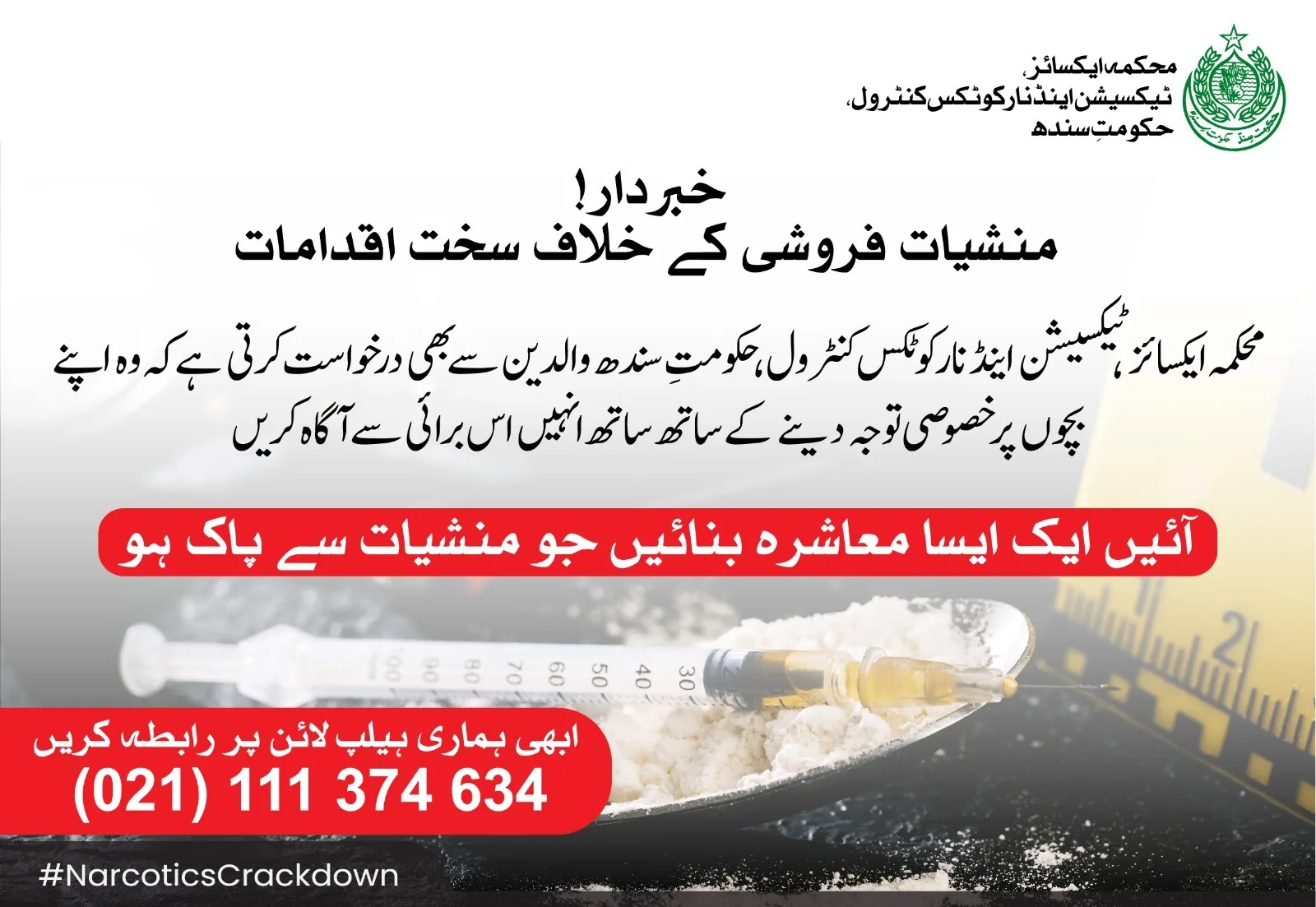
Baaghi TV: Where Corona virus has had lasting effects all over the world, its effects on Pakistan’s economy continue. The International Monetary Fund (IMF) has praised Pakistan’s efforts to tackle the global corona virus epidemic, saying a phased recovery of Pakistan’s economy is expected in fiscal year 2021.
This is stated in the report called Policy Tracker of the International Monetary Fund. The report details the situation in Pakistan from the first case of corona virus till date, including government measures to deal with the epidemic and the future.
According to the report, in June 2020, the daily rate of spread of the virus in Pakistan was at the highest level of 6,000 cases. As a result of government measures, the number of new cases began to decline from July, and in August and September, the number of daily cases dropped to less than a thousand.
Angry Mob Demolishes Hindu Temple in Teri Village
Argentina Approves Oxford/AstraZeneca Vaccine: Official
Runner-Up in Ghana Election Seeks New Vote
According to the report, the trend of positive cases of Corona began to increase from mid-November, which is still continuing. These blows of the COVID-19 have hit the country’s economy hard. Pakistan’s economic growth for fiscal year 2020 was projected at minus 0.4 percent. However, the IMF has said that Pakistan’s economy is expected to move towards a phased recovery in fiscal year 2021.
The report says that since mid-April, the federal government, in consultation with the provinces, has made arrangements to ease the lockdown. By the end of the summer, restrictions were further relaxed. Educational institutions, entertainment venues, restaurants, malls, retail outlets and businesses were opened in accordance with standard security procedures.
According to the report, the Pakistani government plans to provide vaccines to the elderly and frontline medical staff to combat the virus. Pakistan is also in contact with manufacturers and agencies such as the World Bank and the Asian Development Bank to provide additional vaccines. Pakistan has also allocated 250 million in this regard. Vaccine delivery is expected in the second quarter of 2020.
Ireland Steps Up Virus Restrictions
Premier League Under Pressure as Virus Wreaks Fresh Havoc
Pumas Forward Bruni Pens French Second Division Deal
The International Monetary Fund (IMF) report details the financial, monetary and macroeconomic measures taken by the Government of Pakistan to tackle the global corona virus epidemic.
According to the report, the government of Pakistan on March 24th released a relief package of Rs. 1,240 billion to protect the poor and vulnerable sections of the society from the effects of the epidemic and to drive the economy, which is being fully implemented.
Assistance was provided to small and medium enterprises, and to the agricultural sector. The State Bank of Pakistan has introduced several schemes in this regard. Fuel prices were brought down, at a cost of Rs. 70 billion. Import duties on imports of drugs, equipment and supplies to combat the Corona virus epidemic have been abolished or reduced.
Similarly, the SBP gradually reduced the policy rate from 13% to 7%. Loans were issued to provide facilities in hospitals. Easy loans were provided for job security and businesses to start new projects.
According to some economists, the year 2020 has passed very heavily on the people and the economy. The people are weak, industry is weak and agriculture has collapsed, and if the current situation continues, no major change is likely in the coming year.
Canada to Require COVID Negative Test for Entry
Luis Suarez made sure that Atletico Madrid will end 2020 top of La Liga
NBA Players Positive Covid Results
After the people, the agricultural sector has been hit the hardest, with the causes being the corona virus, locust attacks, climate change, wrong policies and decisions, and the destruction by the mafia.
In a statement issued, Shahid Rashid Butt said that the promise of giving jobs to the people in 2020 was not fulfilled but crores of unemployed and millions of businesses went bankrupt. New records of inflation were set and the collection of electricity and gas bills took the form of extortion.
Instead of increasing the tax net, more tax burden was imposed on the people while billions of rupees of tax relief continued to be given to the elite. In the same year, farmers suffered heavy losses, most notably cotton, wheat and maize. In the destruction of crops, government agencies also played their part by relying on claims, rather than creating new and improved varieties of seeds. However, the seed mafia has increased the supply of substandard seeds to farmers.
Historic Hindu temple demolition case: PML-N and JUI leaders booked?
Srha Asghar ties the knot in private ceremony
Online Education in pandemic: Is distance learning working for us or not?
The biggest loss was to the cotton crop, which is a record in decades, but no concrete plan could be put in place to address these issues, nor could the various provinces agree on a subsidized price for wheat. Due to which, heavy foreign exchange will have to be spent on the import of agricultural commodities next year as well. The agricultural sector is more important than the industrial and construction industries, but it is not being given the importance it deserves.
Stay tuned to Baaghi TV for the latest news and updates!











